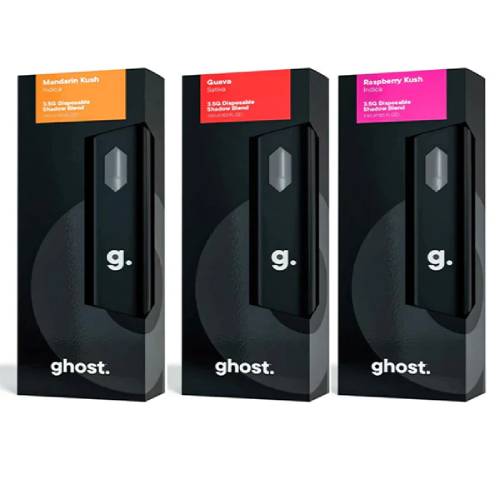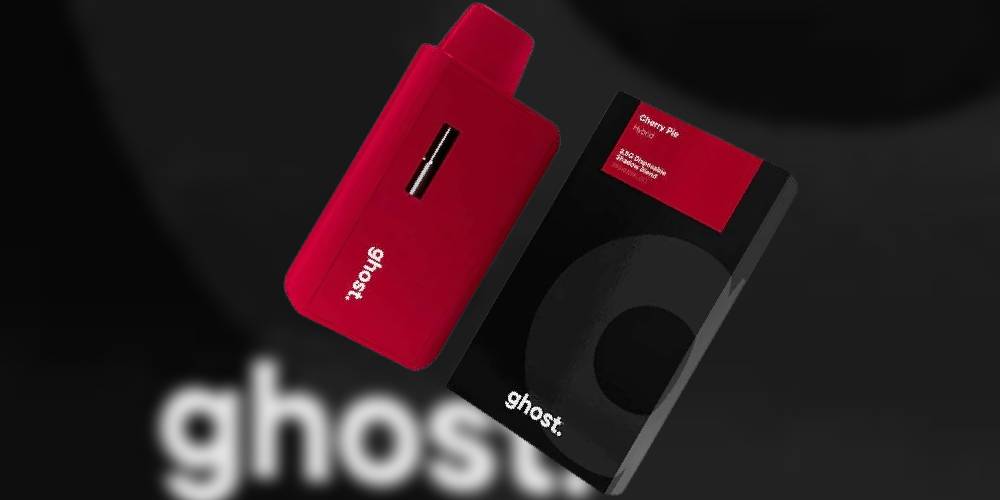Yes, ghost vapes are legal, but there's quite a bit to unpack in that simple answer. The legality of ghost vapes, or any vaping product for that matter, largely depends on the country or region's regulations concerning vaping and e-cigarettes. So, if you've stumbled upon the term "ghost vape" and are curious about its legal status, you're in the right place. Let's dive into the world of vaping, specifically ghost vapes, and explore their legality, potential benefits, and controversies.
Understanding Ghost Vapes
Before we delve into the legality, let's briefly touch on what Ghost Vapes are. Ghost Vapes are a type of vaping device and associated products, known for their sleek design and the use of various cannabinoids in their extracts. Among their offerings, you might find terms like "ghost extracts" or "ghost delta 11," which refer to the specific types of cannabinoid formulations used in their products. These names often highlight the innovative approach of Ghost Vapes in exploring different aspects of cannabinoid science to enhance the user experience.
The Science Behind Vaping
Vaping, at its core, is the act of inhaling vapor produced by an electronic device or a vape pen. This vapor can contain various compounds, including nicotine and cannabinoids, depending on the product used. The science behind vaping is fascinating, as it involves the transformation of these compounds into an inhalable aerosol, bypassing the combustion process and potentially reducing the presence of harmful byproducts.
Legal Landscape
When it comes to the legality of vaping products like Ghost Vapes, the situation can be complex and varies significantly from one jurisdiction to another. Laws governing vaping and cannabinoid products are influenced by multiple factors, including the source of the cannabinoid, its concentration, and the intended use of the product.

Federal Regulations
At the federal level, the United States has specific regulations governing the manufacture, distribution, and sale of vaping products. The Food and Drug Administration (FDA) plays a crucial role in this process, overseeing the market to ensure that products meet safety and labeling requirements. However, when it comes to cannabinoids, the legal status can become more convoluted, primarily due to the differentiation between hemp-derived and marijuana-derived compounds.
State Laws
State laws add another layer of complexity to the legality of Ghost Vapes. While some states have embraced the legalization of marijuana for recreational and medicinal use, others have stricter regulations or outright bans. This patchwork of legislation means that the legality of products containing cannabinoids like "ghost delta 11" can vary widely. Consumers and retailers alike must stay informed about the specific laws in their state to navigate this landscape effectively.
The Importance of Compliance
For manufacturers and sellers of vaping products, compliance with both federal and state regulations is paramount. This includes ensuring that products do not contain prohibited substances, meet quality and safety standards, and are marketed responsibly. Companies like Ghost Vapes must navigate these regulations carefully to provide their products legally across different jurisdictions.
The Role of Consumers
As consumers, staying informed about the legal status of vaping products is crucial. This means not only understanding the laws in your state but also being vigilant about the products you purchase. Ensuring that products are bought from reputable sources and comply with local regulations can help mitigate legal risks and ensure a safer vaping experience.
Conclusion
The question of whether Ghost Vapes are legal is not a straightforward one, given the complex interplay of federal and state laws governing vaping and cannabinoid products. The key takeaway is that legality depends on various factors, including the specific components of the vape products and the jurisdiction in which they are sold. Both consumers and manufacturers must stay informed and compliant with the evolving legal landscape to ensure that they navigate these waters safely and responsibly.
In the realm of vaping, innovation and regulation go hand in hand. As science continues to uncover new aspects of cannabinoids and their potential uses, the legal framework will likely adapt to these discoveries. For enthusiasts of products like Ghost Vapes, staying on top of these changes is essential for enjoying their chosen products within the bounds of the law.



